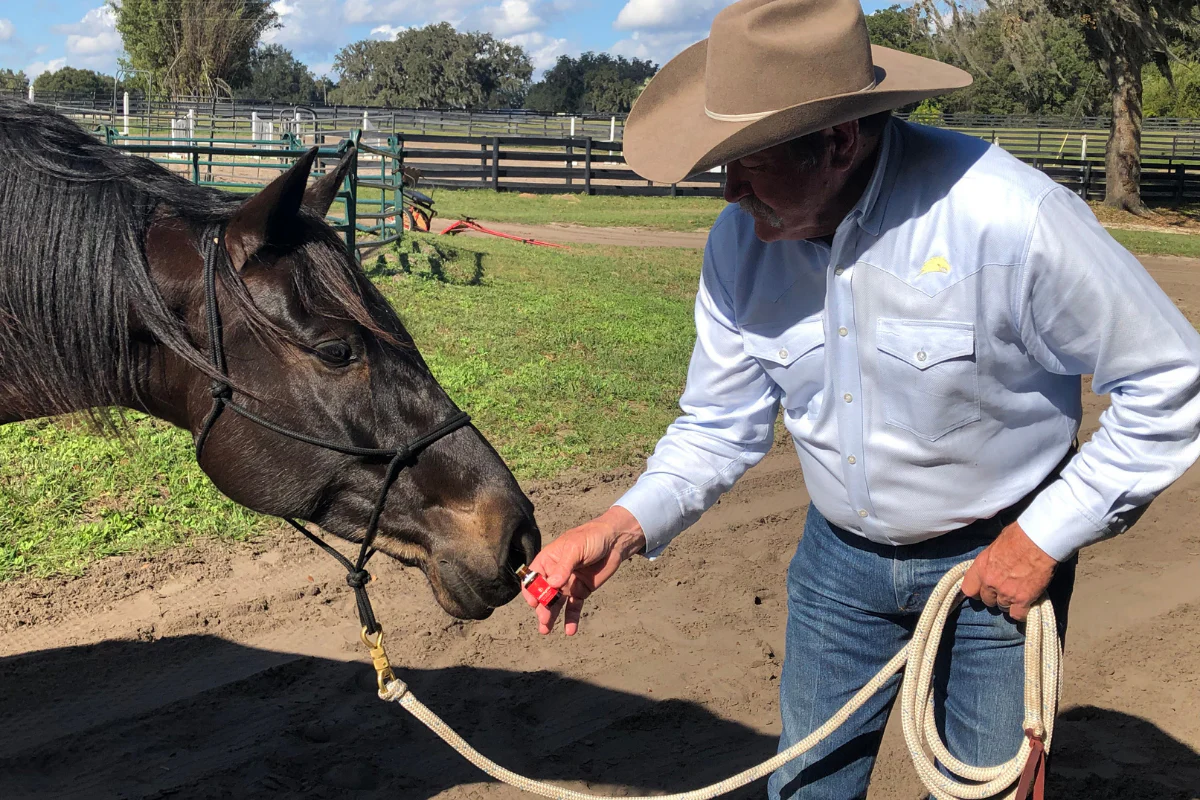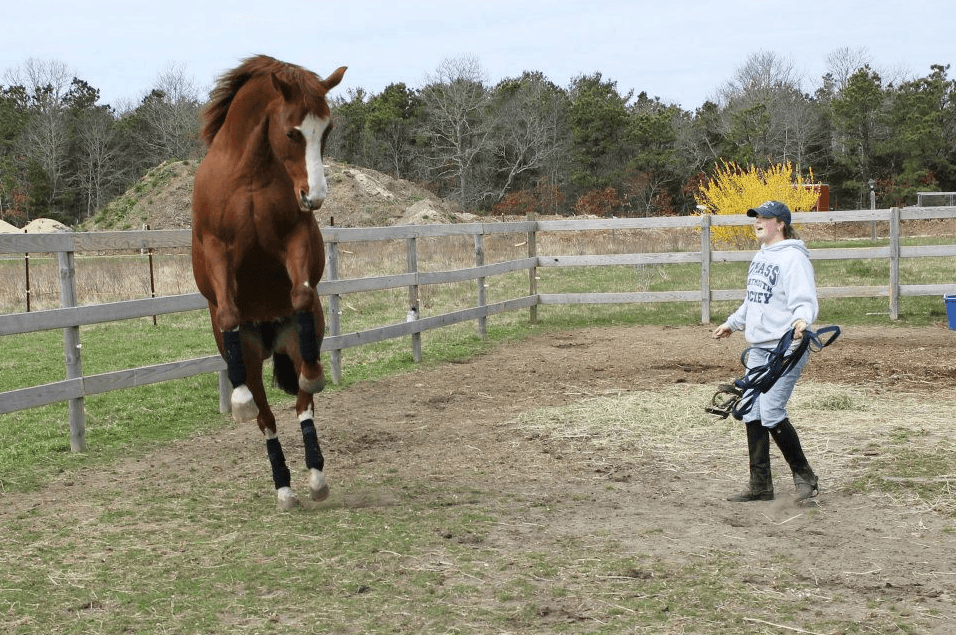Horses, like people, can experience anxiety, which can manifest in various ways
including nervousness, restlessness, and even aggressive behavior. Understanding how to help an anxious horse relax is crucial for their well-being and for maintaining a harmonious relationship between horse and handler. Here are five effective methods to help calm an anxious horse: staying grounded, moving to a quiet area, using essential oils, establishing dominance, and employing massage and craniosacral therapy.
1. Stay Grounded
One of the most fundamental aspects of calming an anxious horse is to maintain a sense of calm and composure yourself. Horses are highly perceptive and can pick up on their handler’s emotions. If you’re tense or nervous, your horse is likely to mirror those feelings, exacerbating its anxiety. Staying grounded means managing your own stress levels and approaching the horse with a calm, confident demeanor.
To stay grounded, practice deep breathing and mindfulness techniques before approaching your horse. Take a moment to center yourself and approach your horse in a relaxed manner. When handling or working with the horse, keep your movements slow and deliberate. A relaxed and centered handler can significantly influence the horse’s state of mind, creating a more peaceful interaction.
2. Move to a Quiet Area
Often, a horse’s anxiety is heightened by a chaotic or overstimulating environment. If possible, move your horse to a quieter area where there are fewer distractions and disturbances. This could be a peaceful paddock, a secluded corner of the barn, or an enclosed arena where outside noises and activities are minimized.
In a quieter setting, the horse can focus more on you and the task at hand, rather than being overwhelmed by external stimuli. This environment helps the horse to relax and gain confidence. Additionally, ensuring that the area is free from potential hazards or stressors will contribute to a sense of safety and security for the horse.

3. Use Essential Oils
Essential oils can be a natural and effective way to help soothe an anxious horse. Aromatherapy has been used for centuries to promote relaxation and reduce stress. Certain essential oils, such as lavender and chamomile, have calming properties that can be beneficial for horses.
To use essential oils, you can dilute them with a carrier oil, such as coconut or almond oil, and apply them to the horse’s coat or use them in a diffuser in the horse’s environment. Be cautious to use oils that are safe for horses and avoid any oils that might cause irritation. Always conduct a patch test to ensure the horse does not have a negative reaction to the oil.
4. Establish Dominance
Establishing dominance, or more accurately, asserting leadership in a calm and confident manner, is essential for managing an anxious horse. Horses are herd animals and naturally look to a leader for guidance and reassurance. By establishing yourself as a leader, you can help the horse feel more secure and less anxious.
This does not mean using force or intimidation. Instead, focus on building trust and respect through consistent and clear communication. Establish boundaries and expectations through groundwork exercises and consistent handling. When a horse knows what to expect and understands its role, it will feel more secure and less anxious.
5. Massage and Craniosacral Therapy
Massage and craniosacral therapy can be highly effective in reducing anxiety and promoting relaxation in horses. Massage helps to release muscle tension, improve circulation, and enhance overall well-being. It can also have a calming effect on the nervous system, making it easier for the horse to relax.
Craniosacral therapy, a gentle, non-invasive technique that focuses on the subtle rhythms of the craniosacral system, can also be beneficial. This therapy aims to balance the body’s craniosacral system and alleviate stress and tension. By gently manipulating the horse’s skull, spine, and sacrum, practitioners can help release stored tension and promote relaxation.
Both massage and craniosacral therapy should be performed by a trained professional to ensure that the techniques are applied correctly and safely. Regular sessions can help maintain the horse’s relaxation and overall mental well-being.




